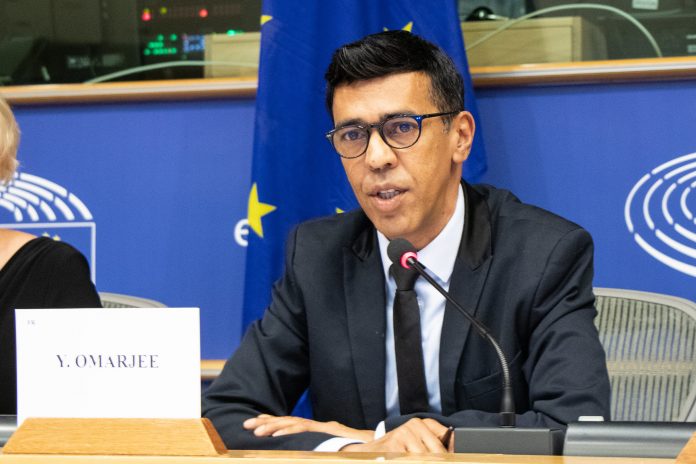Regional Development Committee members have decided to freeze all political trilogues on cohesion funds until the end of February
Today in Brussels, the coordinators of the Regional Development Committee (REGI) unanimously decided to freeze all political trilogues linked to the Multiannual Financial Framework (MFF) for 2021-2027 until February, when the European Council is scheduled to review the issue. REGI members urged the Council to ensure that their budgetary proposals do not sacrifice cohesion funding and that swift progress is made on all non-budgetary matters, including those in the negotiating box, whilst respecting Parliament’s democratic prerogatives under the co-decision procedure.
As a consequence of the failure of the Council to fully open negotiations with Parliament on key aspects of the MFF for 2021-2027, and of the insufficient budgetary proposals of the Finnish Council Presidency which were too far away from the Parliament position, the leaders of the political groups in the European Parliament agreed in December 2019 to freeze large parts of the negotiations with the Council on the new long-term EU budget.
In order to prepare for the eventuality that a final agreement is not reached in time for the commencement of the new programmes for the 2021-2027 period, MEPs also decided to ask the Commission to propose contingency measures in order to ensure the continuity of cohesion funding for a transitional year (2021).
“The last budgetary proposal from the Finnish Presidency is unacceptable for the Parliament and our committee, and we are now waiting for a new proposal from the Council,” said the REGI Chair, Younous Omarjee (GUE/NGL, FR).
The REGI committee is responsible within the European Parliament for three key pieces of legislation linked to the multiannual financial framework (MFF): the Common Provisions Regulation, the European Regional Development Fund and Cohesion Fund, and the Interreg regulation, as well as for the newly proposed Just Transition Fund.
Cohesion and regional development funding accounts for one third of the EU budget, and any cuts would have a serious negative impact on citizens and businesses across Europe, according to REGI MEPs. On the contrary, they believe that direct investment in European cities and regions should be increased to ensure that the EU has appropriate tools to combat the climate crisis and avoid a deepening of social and territorial inequalities.

